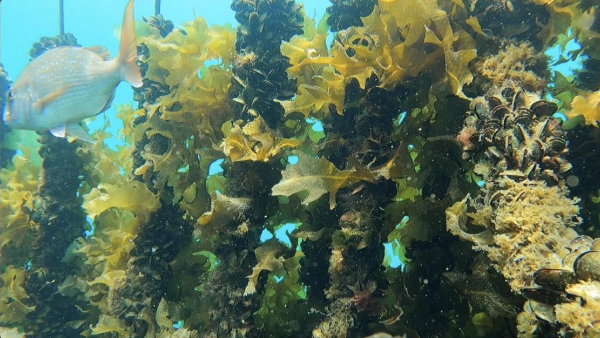
Responsibility
Study: Mussel and seaweed farming can boost wild fish populations
Study shows mussel and seaweed farming can increase fish populations and biodiversity, showing potential environmental and economic benefits.
Responsibility
The Nature Conservancy’s Tuna Transparency Pledge seeks comprehensive human or electronic observation on every vessel in the global fleet.

Responsibility
Study shows mussel and seaweed farming can increase fish populations and biodiversity, showing potential environmental and economic benefits.
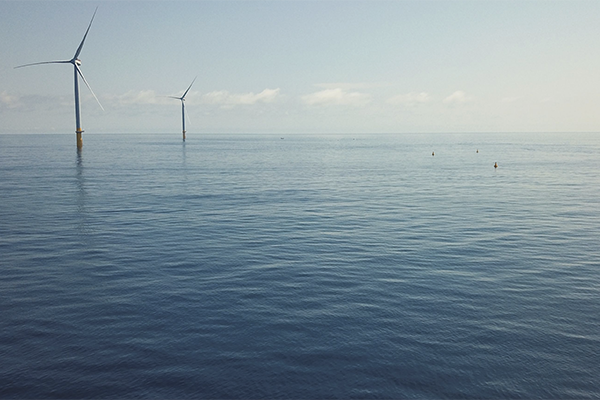
Fisheries
A first-of-its-kind study will explore fish behavior in response to offshore wind turbines and construction activities in the Atlantic Ocean.
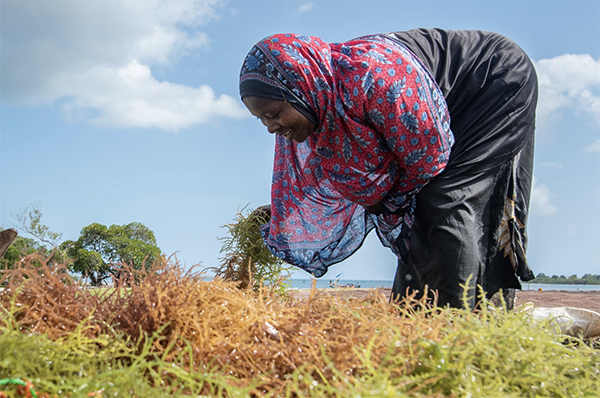
Responsibility
Seaweed farming can deliver economic and environmental benefits but is "significantly cost-disadvantaged," concludes a new TNC report.
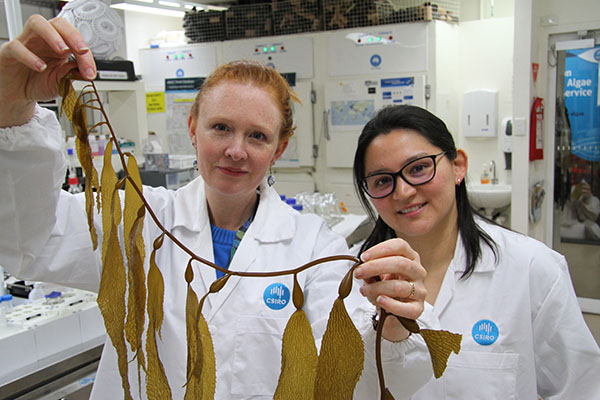
Responsibility
A first-of-its-kind unique partnership with the Nature Conservancy Australia will seek to restore and "future-proof" giant kelp forests.
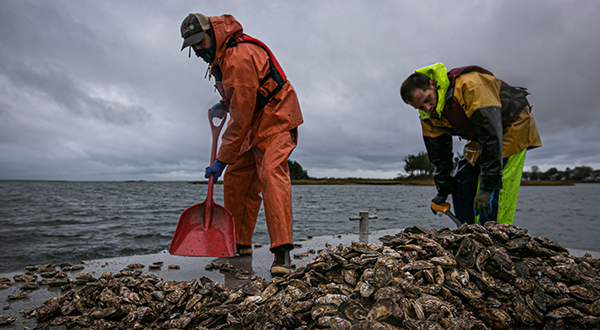
Responsibility
Funding will help rebuild oyster reefs, as well as promote innovation, resilience and diversity within the oyster aquaculture industry.
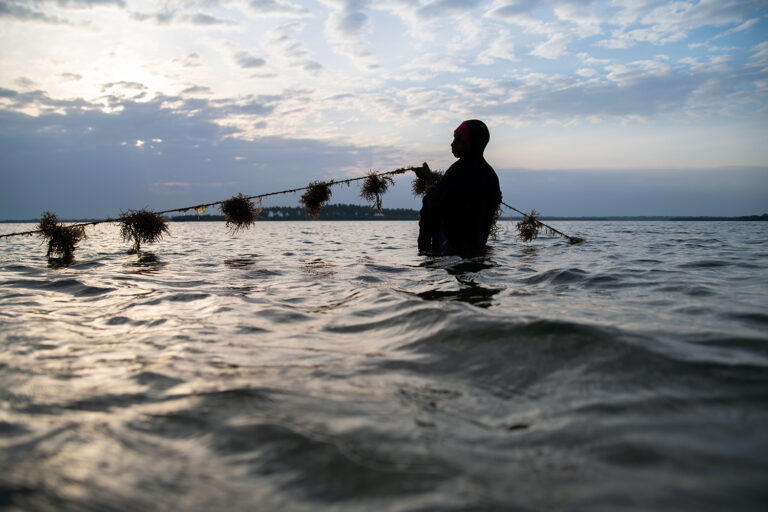
Responsibility
A new study has identified 12 potential ecological benefits of aquaculture, which can help marine ecosystem restoration.

Responsibility
Un estudio colaborativo entre ONG y académicos encuentra que la maricultura "bien hecha" puede ayudar a mitigar el cambio climático al reducir las emisiones de gases de efecto invernadero.

Responsibility
NGO-academic collaborative study finds that mariculture “done right” can aid climate change mitigation by cutting greenhouse gas emissions.
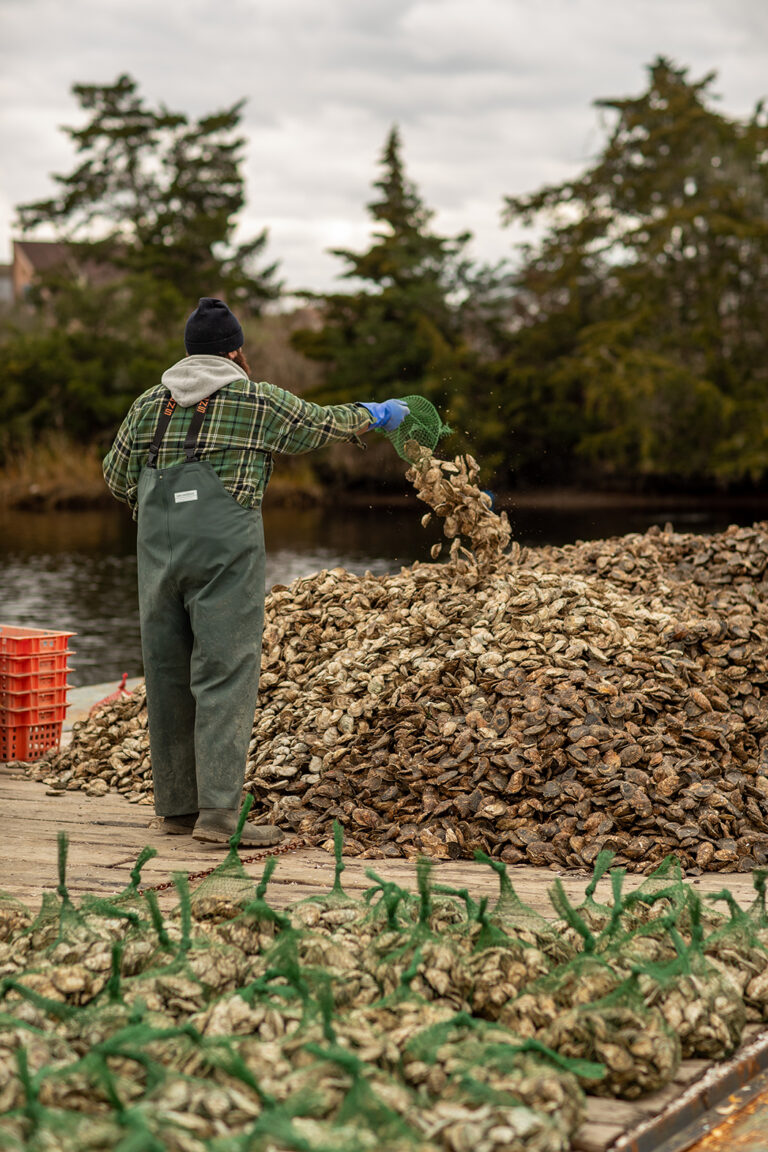
Responsibility
The Nature Conservancy will provide $1 million in grants to support conservation and innovation in the U.S. aquaculture industry.
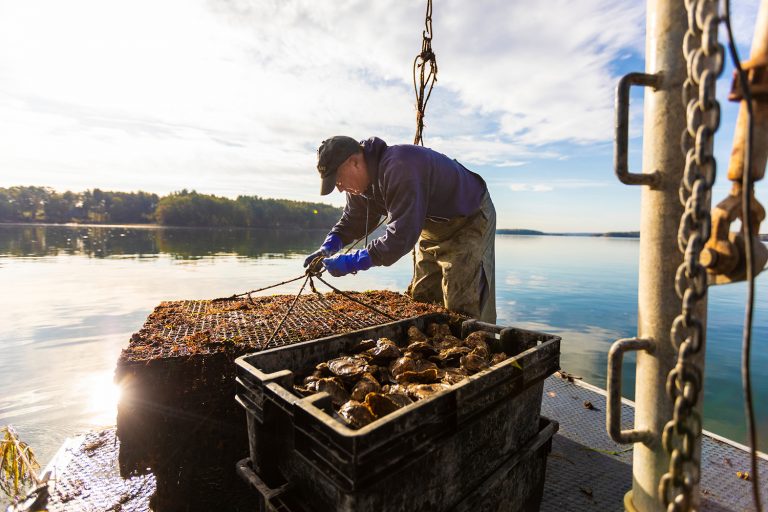
Responsibility
A report from The Nature Conservancy shows restorative or regenerative aquaculture can benefit ecosystems, marine animal habitats and biodiversity.
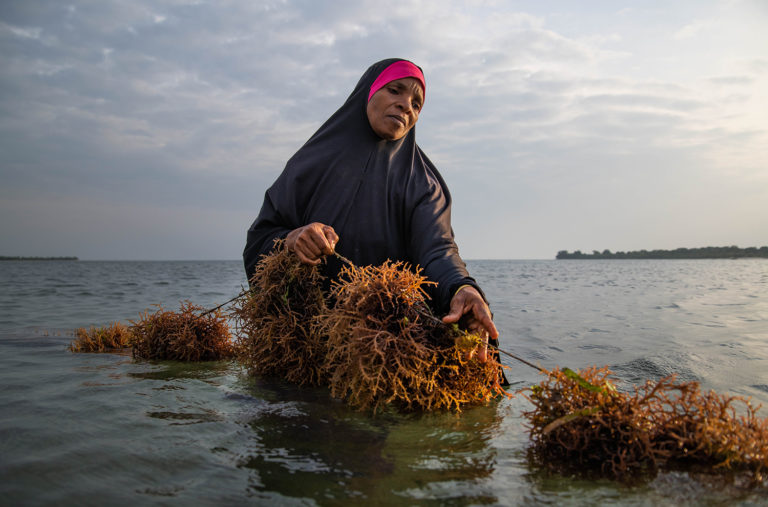
Responsibility
For many Zanzibari women, seaweed farming provides opportunity, but hardships are common. A project from The Nature Conservancy lends hope.
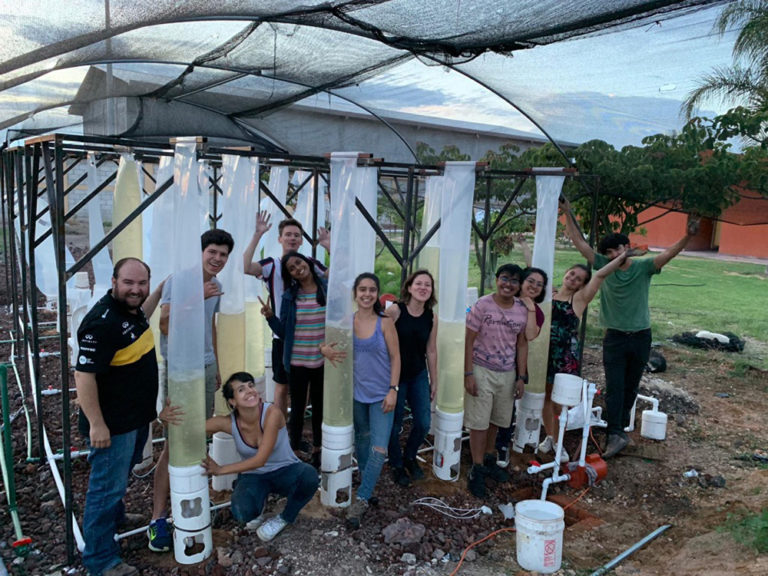
Aquafeeds
MicroTERRA es una prometedora empresa emergente desarrollando sistemas que utilizan microalgas para convertir aguas residuales de estanques de peces en proteínas para alimentos de peces.
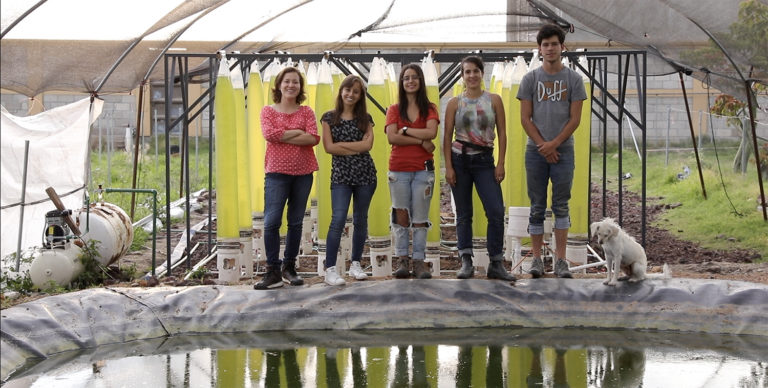
Aquafeeds
MicroTERRA is a promising Mexico-based startup developing systems that use microalgae to turn fishpond wastewater into protein for fish feed.
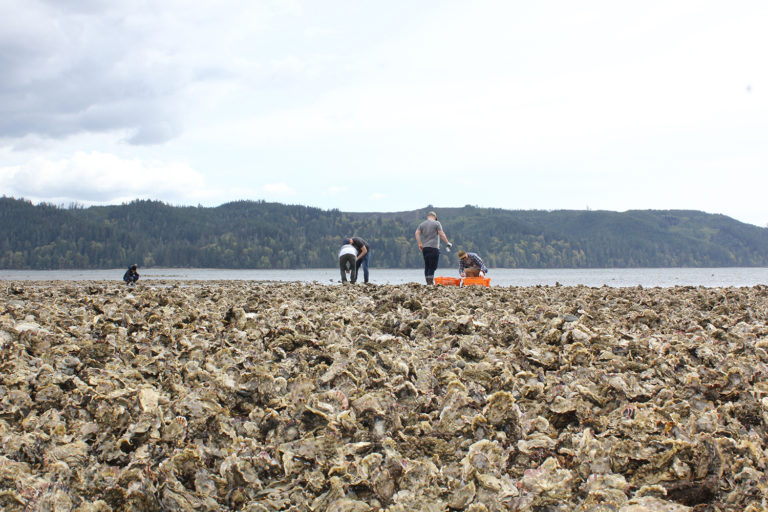
Responsibility
Las cámaras GoPro y los drones están ayudando a los investigadores, reguladores y operadores a comprender cómo la cría de moluscos interactúa con hábitats sensibles como los lechos de zostera marina.
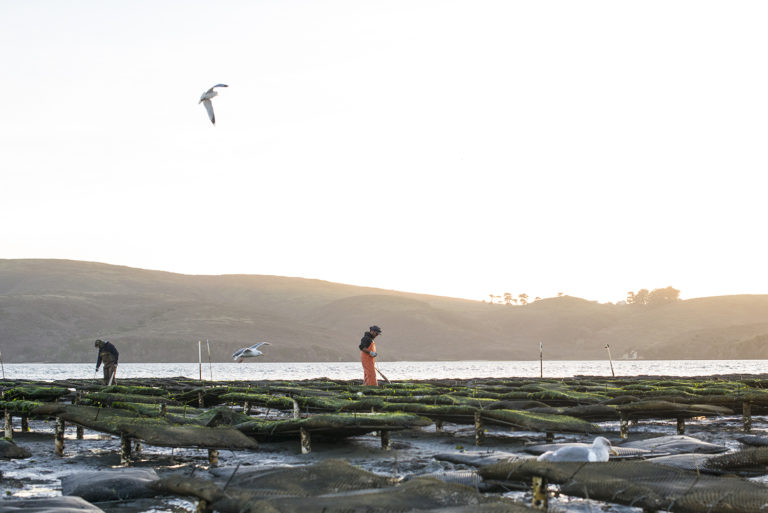
Innovation & Investment
The Nature Conservancy y una firma de inversión de Nueva York publicaron una guía de campo para las partes interesadas en acelerar el futuro del sector de manera sostenible.